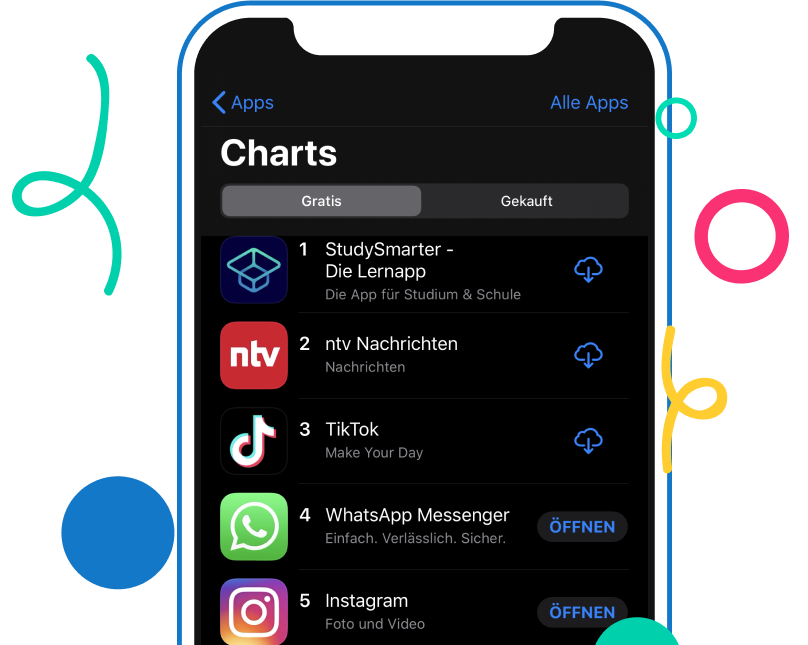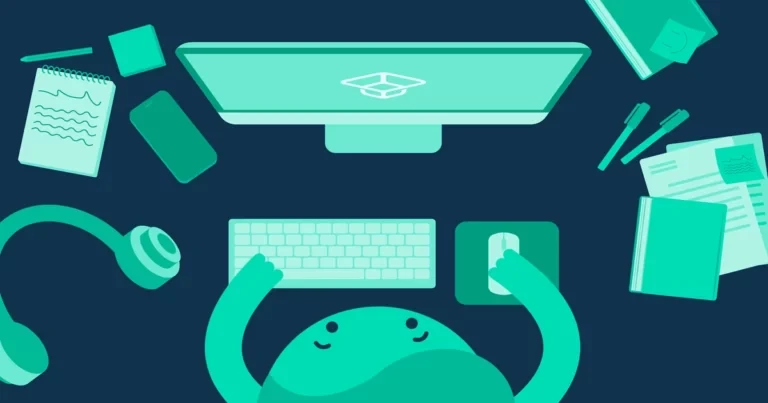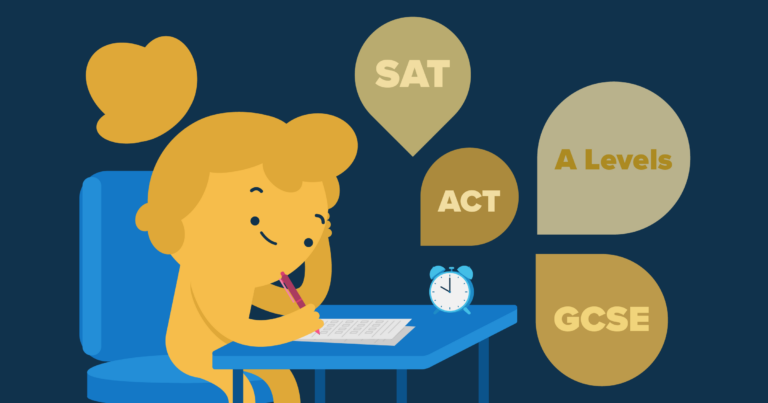But What is Slow Travel? Definition of Travelling at Low-Speed
So, you simply love travelling? Discovering new places, taking stunning photos and enjoying tons of new experiences are all the most nutritious food for the soul (if you ask me). Owing to great technological advancements, we have the whole world in the palm of our hands. Quite literally – you can arrange anything directly from your phone – from finding travel inspiration to the very last detail of your trip.
Technology has also brought us tons of input from ‘influencers’ chasing likes and hopping from one place to another within days and snapping super-curated photos (and I’m talking about full equipment on a mountain at 4 am). As a result, you might feel like you’ve not seen enough of the world and wish to do the same. So, you book and you plan and you run.
I used to be an adventurer just like you. Thank goodness, I haven’t taken anything to the knee yet, but, over the years, I’ve learnt to enjoy slow travel at times. Don’t get the wrong idea, there’s nothing wrong with visiting tourist attractions – they are that for a reason. Mostly these places carry an enormous cultural and historical weight and should be seen and learnt about, but still, don’t shy away from adding some slow travel value to your trips.
Slow travel is all about pacing yourself in a way that’ll reduce the stress of fast and furious sightseeing. It is a way of mindful travelling, where you intentionally devote time to get immersed into things of importance to you rather than following a checklist of things to see and do (let’s throw a stinky eye at all those websites telling you about all MUST-SEE places). Slow travel allows you to go deeper into the local culture and form lasting impressions based on your interests. Art, museums, local cuisine, sports and hobbies – it’s all a part of a slow-travel journey (the destination will be there either way).
Benefits of Slow Travel
If slowing down seems somewhat scary, I can relate. For a non-stop workaholic, the very idea of taking it easy comes as a surprise. And yet, when I travel, I don’t mind taking a break sometimes. There are many pros to doing so:
- You get to know the place better. When you really let yourself soak the environment around you, you start noticing all the hidden nooks and crannies there. From a dazzling museum of curiosities to homely restaurants that’ll make your belt feel a bit tighter, travelling slowly gives you a chance to truly learn about the host culture.
- A stronger emotional bond. When you stay somewhere longer, you’ll start forming various emotional connections to it: this bus stop is where my friends and I did a version of Caramel Dance to passers-by entertainment; this is where I saw the most adorable puppy; this is where I bought the new number of The Big Issue and made the woman selling it smile – small events often stick with us the longest, far more than just snapping a photo of a site and moving on.
- It saves you money. When you travel slowly and get to know the place, you’ll also know where to go and which tourist traps to avoid. Also, don’t get me started on ever-more-expensive flight tickets.
- It promotes sustainable travel. Fewer flights, more appreciation of local culture and goods and a chance to truly feel the culture – slow travel checks all sustainability principles. Save the planet, travel slowly!
- It’s less stressful. As if all those meetings, deadlines, angry bosses and insufferable colleagues weren’t enough, do you really want to add to your stress levels by trying to rush everywhere? I thought so! Take it easy and enjoy just the right amount of travel pressure, i.e., none! 😊
- Slow travel turns holidays into adventures. Taking up an unexpected offer, straying off your itinerary to check out that intriguing side-street or specialty shop or staying on the tram a few stops longer will all take you to unexpected places and you’ll get to see something not many tourists do.
- It teaches you about yourself. When you listen to your gut and rest when you need to or follow your nose off the beaten track, you learn about yourself and your own preferences too. For example, it was a shock to me (shocked Pikachu face again!) to discover that I prefer to be in places where I can do just about enough people-watching without being disturbed. And I found that out at the ripe age of 27 when I moved to a quiet neighbourhood (which I still hate with passion). Doing something out of the ordinary is the only way to have extraordinary experiences – let yourself learn and enjoy.
- It makes you happier. Well, that’s a non-issue, especially because slow travel reduces stress. Overall, listening to your instincts and your body while travelling contributes to your well-being; booking fewer flights and shopping outside of tourist-fraught areas contributes to the well-being of your bank account. The result? Happiness all round!
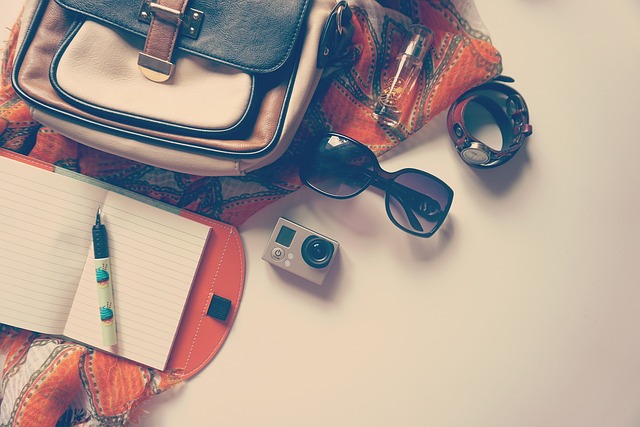
Have I Got Your Attention? Great, Here Are Some Slow Travel Tips!
You can’t deny it, slow travel has its perks. Regardless of where you’re going, I’m happy to deliver a few practical tips to make the most out of your slow travel experience.
- Drop any planning. The true secret to travelling slowly is not planning. Of course, you don’t have to feel at sea all the time, you can do some pre-emptive googling about the place to get some ideas about what you might want to see, but don’t over-organise. For example, you can have an idea about 2-3 places you want to see each day and think about how you’ll get there, but avoid putting time-stamps on them. Just go with the flow.
- Get acquainted with the culture. Read books or watch movies set in the place you’re visiting. The IMDB has an excellent search filter which you can set by cities/countries (and so does Netflix). For book inspiration, I heartily recommend Goodreads or SuggestMeABook.
- Stay longer at a place. Don’t just spend one afternoon in a town and rush to the next big thing. Staying longer means you have more time which you would otherwise spend travelling from one place to another. If you’re on an adventure, might as well not spend it on a bus/train.
- Travel off-season. If you can, book your vacation days when others prefer to work – avoid summer months, especially when kids have school holidays, in order to have a less crowded view of the place you’re visiting. Additionally, off-season bookings are usually cheaper and more convenient.
- Walk as much as you can. Apart from it being great for your cardiovascular health, walking is the prime mode of transport when travelling slowly. You get to see all the in-between places that you could not see from the subway. For example, I would gladly walk all the way from Leicester Square to Kings Cross because I simply love the bustle of Oxford/Bond Street (especially that Disney store that gets me singing all the movie hits for another hour). If I hadn’t done that, I would have never realised that I can look at the historical collection in the British Library and, lemme tell you, that would have been tragic.
- Take part in a local event. To truly feel like a local, you must act like one. Open-air theatre, potluck dinner in the park or climate protest – join whatever feels right to you.
- Speaking of locals, how about food? Skip those TripAdvisor stamps on restaurants, take a sideway alley to a less crowded place and join the locals. For example, the restaurant Puškin in Prague has got to be one of the best eateries out there.
- Support local businesses. You can find a generic shopping centre everywhere, but can you really find hand-made scarves or decorations there? I thought so – support local artisans and small businesses, they need it far more than those greenwashing brands parading around malls.
- Go off the beaten path. Naturally, you’ll want to see the big tourist names and places, e.g., the Miniatur Wunderland in Hamburg, but see if you can find something relevant to your hobbies or guilty pleasures too. For instance, local observatories often put up great shows and somehow they’re always half-empty.
- Get up early. There’s nothing more beautiful than big cities in the morning when big crowds are still hungover from partying all night.
- Sit in parks. There’s a beautiful park in Vienna, full of roses and almost devoid of people (ridiculous!). Parks are a great place to get some rest or eat a quick lunch (locally bought). Who knows, maybe you’ll befriend a chubby squirrel or a spy-detecting duck (everyone knows that “ducks are so used to being fed by bread by secret agents meeting clandestinely that they have developed their own Pavlovian reaction. Put a duck in a laboratory cage and show it a picture of a man wearing a coat with a fur collar and it’ll look up expectantly.” (Gaiman and Pratchett 40) 😊
- Enjoy the moment. Wherever you are, whatever you do 😊
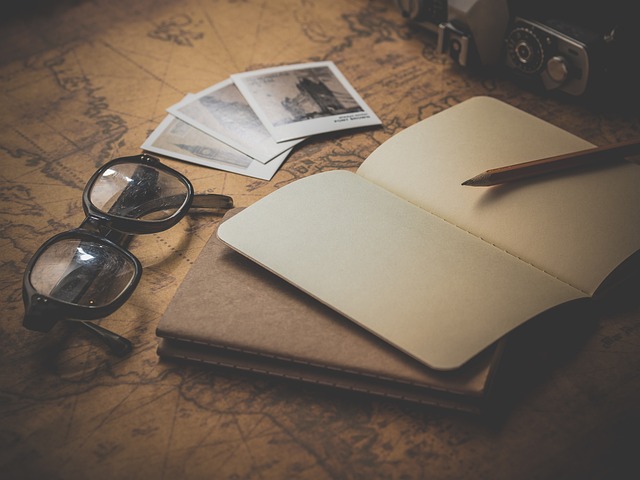
What Are the Best Slow Travel Destinations? Slow Tourism Deconstructed
Ha! Gotcha! If you were hoping to get a definite answer on where to go to enjoy the art of slow travel, I have bad news for you. It’s impossible to call one destination better than the other. The whole point of slow travel is listening to your own needs and feelings and enjoying whichever place you happen to be visiting.
Slow travel does away with repetitive lists of places to see and things to do. There are beautiful places everywhere for long and short-term stays but ultimately, I will not tell you where to go. I would suggest picking a place you haven’t seen yet and truly letting yourself get to know (and love) it. As a result, slow tourism may sound a bit counterintuitive. Still, slow tourism does exist and it’s far more sustainable than regular package tours. From backpacking to road trips, slow tourism is no longer about gathering social media clout and instant-gratification through likes – we are all over that. Pick a place you’ve always been drawn to and act like a local there. You may even try to join a volunteer program (as long as you don’t turn it into voluntourism!)
Don’t Instagram the new place too much either, Instagram is full of filters, curated content, fancy filming equipment and editing apps which set the bar impossibly high not just for people but places too. Instead, read about it, pick up some fun facts or ask locals. Don’t let internet falsehoods dictate your experiences.
Making the Most Out of Your Slow Travel Experience – The Takeaway
Slow travel is all about quality over quantity. Gone are the days of taking mindless pictures you will never look at again or seeing the world through filtered eyes of influencers and unoriginal lists on the internet. Slow travel is about living like a local – from travelling off-season to taking part in small events.
- To get the most out of your trip, you should:
- Take your time to soak in your surroundings
- Make time for rest
- Go off the beaten path
- Stay longer in one place
- Truly listen to your needs and desires
With that said, I challenge you to challenge your own attitude to speed and fast travel and see how your experience of travelling changes too!









